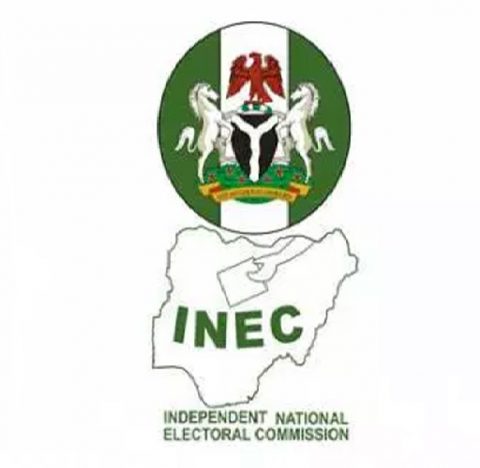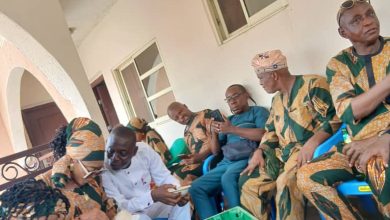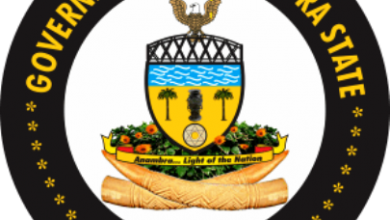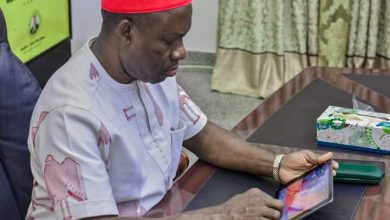
By Tony Okafor
A curious new trend is unfolding in Anambra State ahead of the November 8, 2025 governorship election.
Communities and individuals are now openly raising funds to promote their preferred candidates.
On the surface, this looks like an inspiring display of civic participation — citizens taking ownership of the political process.
Yet beneath this enthusiasm lies a troubling mix of legal and moral questions that deserve urgent attention.
Reports indicate that some communities and organised entities have already donated between ₦80 million and ₦200 million to their chosen candidates.
Such figures, on the face of it, violate the provisions of the Electoral Act 2022, which limits individual or entity contributions to ₦50 million per candidate and forbids both foreign and anonymous donations.
These developments suggest that the line between lawful support and criminal breach is being dangerously blurred.
The Independent National Electoral Commission (INEC) cannot afford to look away. Where there are credible reports of excessive or unlawful campaign funding, the Commission must act promptly — by investigating, demanding disclosure of sources, and applying the law without fear or favour.
Silence in such circumstances not only emboldens violators but also undermines the credibility of the entire electoral process.
Beyond legality lies morality. Communities must resist turning political support into a transactional venture where donations buy loyalty or future favours.
Candidates who accept funds from unverified or faceless donors compromise their integrity before even entering office.
Crowdfunding, when done within the law, can democratize campaign finance and promote inclusiveness. But when it slips into excess and secrecy, it becomes a tool of corruption.
Anambra’s new fundraising fever must be handled with transparency, discipline, and respect for the law.
Both donors and recipients must tread carefully, for democracy is not strengthened by how much money is raised but by how truthfully and lawfully it is spent.
INEC’s swift enforcement will determine whether this “new normal” deepens democratic participation — or desecrates it.



